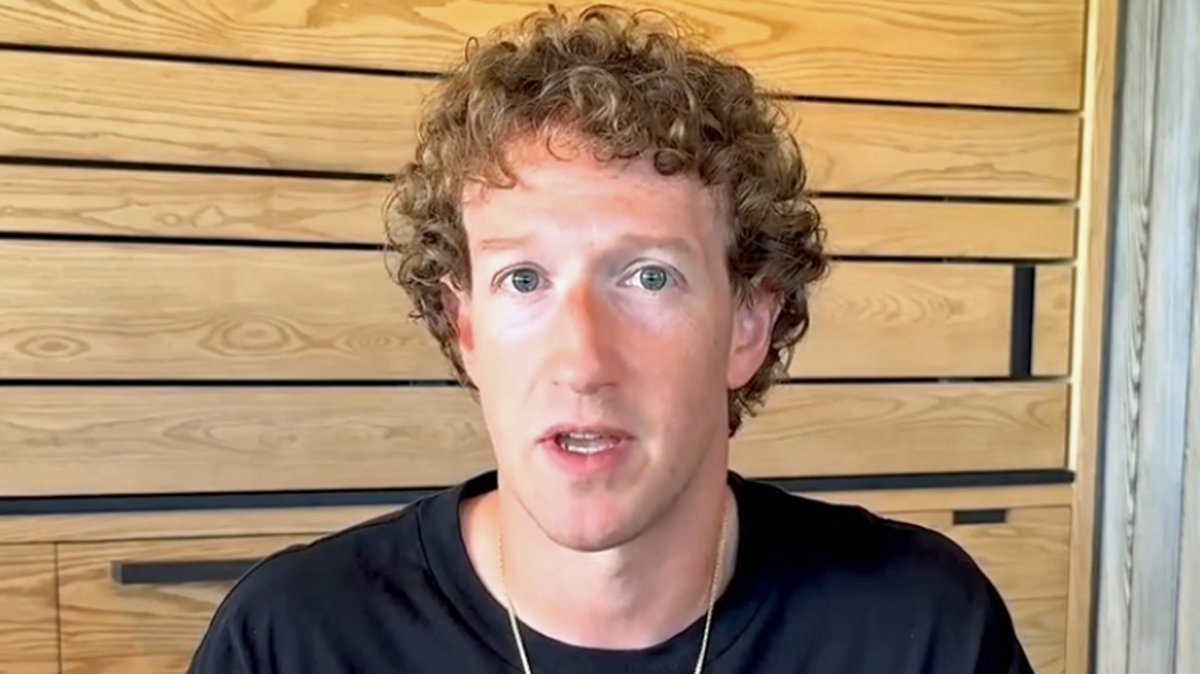Meta's New Content Moderation Strategy: Emphasizing Free Speech and Community Engagement
Zuckerberg: "Zurück zu den Wurzeln der Redefreiheit auf Facebook und Instagram" 🔗

Mark Zuckerberg has announced a significant shift in content moderation policies for Meta's platforms, including Facebook and Instagram. He aims to reduce restrictions on controversial topics and end partnerships with fact-checkers in the U.S., citing concerns about political bias. Instead, Meta will introduce a "Community Notes" system where users can add annotations to content. Zuckerberg emphasizes the need to return to the roots of free speech while acknowledging the challenges of balancing moderation with the prevention of harmful content. The changes also involve relocating moderation teams to Texas and strengthening civil discourse around political topics.
Key Points:
- Zuckerberg announces a shift in content moderation on Meta platforms.
- Plans to end fact-checker collaborations in the U.S. due to perceived bias.
- Introduction of a "Community Notes" system for user-generated content annotations.
- Aimed at reducing censorship while addressing harmful content.
- Moderation teams will be relocated to Texas to minimize bias perception.
What changes is Zuckerberg making to content moderation on Meta platforms?
Zuckerberg is reducing restrictions on controversial topics and ending partnerships with fact-checkers in the U.S., aiming to improve free speech.
What is the "Community Notes" system?
The "Community Notes" system allows users to add annotations to content, helping to provide additional information or context.
How does Zuckerberg plan to address harmful content while promoting free speech?
He acknowledges the challenge of balancing these priorities and aims to reduce unintentional censorship while still managing serious issues like drugs and terrorism responsibly.